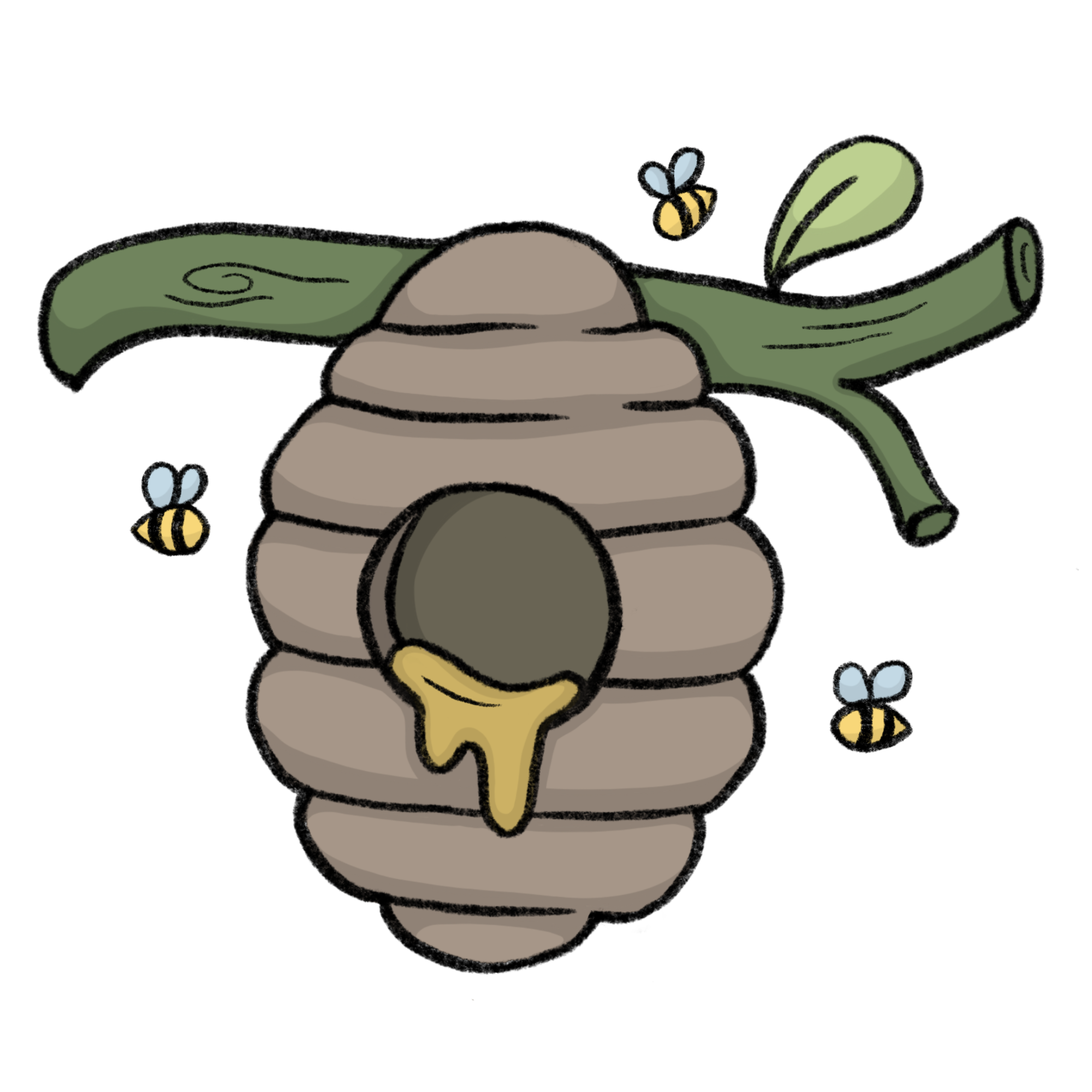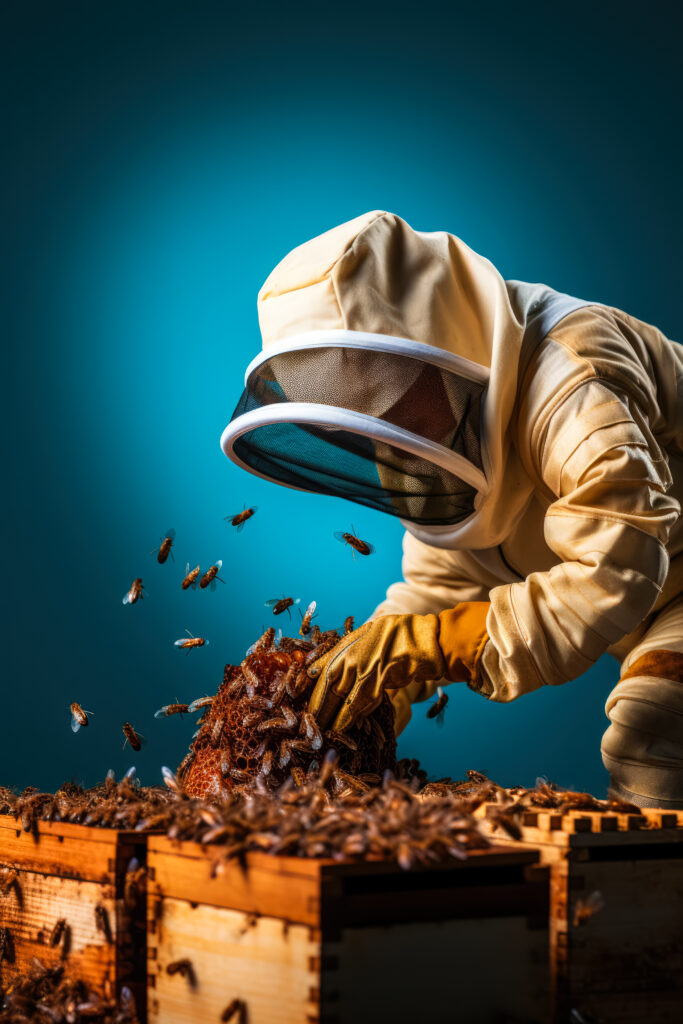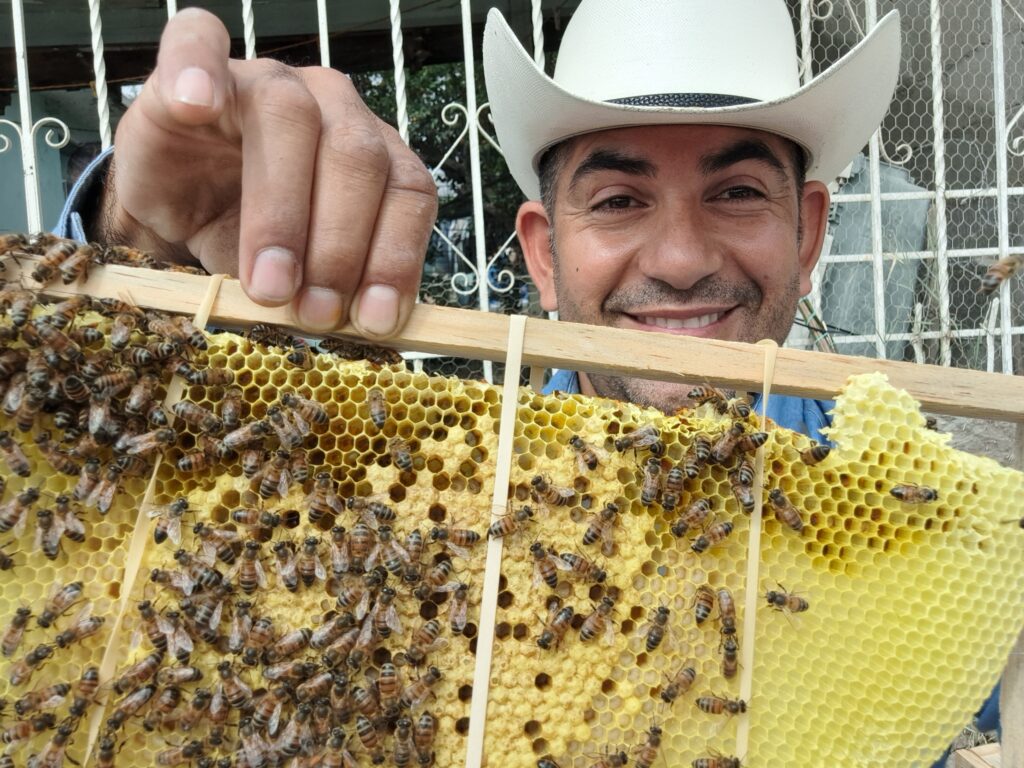Nurturing Biodiversity for Native Bee Conservation Sustainable Agriculture.
Native Bee Conservation in Apiculture: Nurturing Biodiversity for Sustainable Agriculture
Introduction
Apiculture, the practice of beekeeping, extends beyond the management of honeybee colonies; it encompasses the broader context of pollinators, including native bees. "Native Bee Conservation" is an essential category within apiculture, focusing on the preservation and protection of indigenous bee species. This professional discourse explores the significance of native bee conservation, the challenges faced, and the strategies employed to foster the coexistence of native bees and agriculture while supporting ecological diversity.
The Significance of Native Bee Conservation
Native bee conservation holds significant importance on various levels:
Biodiversity Preservation: Native bees are essential components of ecosystems, contributing to the pollination of numerous plant species, including wildflowers and various crops. Conserving native bee species is crucial for preserving biodiversity.
Ecosystem Resilience: Native bees are key pollinators for numerous native plants, many of which form the basis of diverse ecosystems. A decline in native bee populations can have a cascading effect on plant populations, wildlife, and ecosystem stability.
Pollination Services: Native bees play a vital role in the pollination of certain crops. They complement the work of honeybees, enhancing agricultural productivity and diversity.
Genetic Diversity: Native bees represent a wide array of species, each adapted to specific environmental niches. Their conservation promotes genetic diversity within pollinator populations.
Challenges in Native Bee Conservation
Conserving native bees presents several challenges:
Habitat Loss: Urbanization and agricultural expansion have led to the loss of natural habitats where native bees forage and nest.
Pesticide Use: The indiscriminate use of pesticides in agriculture can harm native bees, making pesticide management a crucial aspect of conservation efforts.
Disease and Parasites: Native bee populations are susceptible to diseases and parasites, which can lead to population declines.
Climate Change: Altered weather patterns and shifting flowering times due to climate change can affect the availability of nectar and pollen resources for native bees.
Strategies for Native Bee Conservation
Effective native bee conservation strategies involve a combination of approaches:
Habitat Restoration: Efforts should be made to restore and protect natural habitats and create pollinator-friendly landscapes. Planting native wildflowers and providing nesting sites are vital components.
Pesticide Management: The responsible use of pesticides, such as organic farming practices and integrated pest management, can minimize harm to native bees.
Education and Outreach: Raising awareness among farmers, landowners, and the public about the importance of native bee conservation is essential for garnering support and action.
Research and Monitoring: Ongoing research is necessary to understand native bee populations, their specific requirements, and the factors impacting their health and survival.
Legislation and Policy: Advocating for policies that protect native bee habitats and promote sustainable agricultural practices can have a significant impact.
Benefits and the Way Forward
The benefits of native bee conservation are extensive:
Ecosystem Health: Healthy native bee populations contribute to the health and resilience of ecosystems.
Enhanced Agriculture: Native bees play a supplementary role in crop pollination, supporting agricultural productivity.
Biodiversity: By preserving native bee species, we contribute to the conservation of broader biodiversity.
Educational Opportunities: Native bee conservation provides valuable educational opportunities and awareness about the significance of pollinators in ecosystems.
In conclusion, native bee conservation within apiculture represents an essential component of sustainable agriculture and ecological balance. Through a collective effort involving beekeepers, farmers, conservationists, policymakers, and the public, we can secure the future of native bee populations and their invaluable contributions to our environment. The commitment to native bee conservation is not just a beekeeping endeavor but a commitment to the protection of the intricate web of life on which we all depend.




